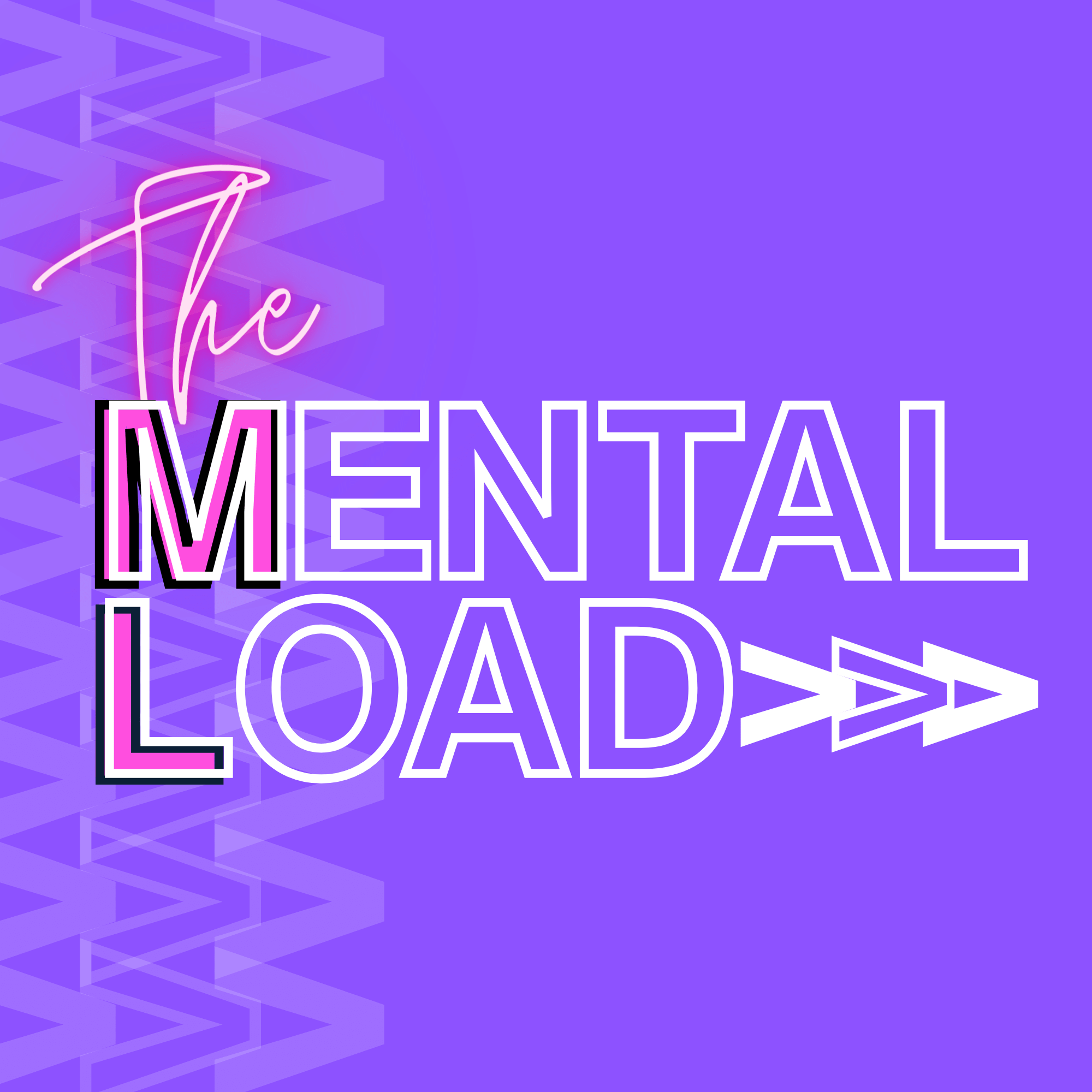Mom Guilt & What Holds Women Back
How does this affect mom's careers?
- Those who are able to put in more time, more travel, be available at all kinds of hours, etc. are more likely to get the big clients, the promotions, the career awards.
- But it’s not just about the time or physical availability; the mental load also affects mom’s careers because it makes it harder to focus and do deep work.
“When a man expects his partner to ask him to do things, he’s viewing her as the manager of household chores. The problem is that planning and organizing things is already a full-time job. When we ask women to take on this task of organization and at the same time to execute a large portion, in the end it represents 75% of the work.”
Why do moms end up with so much of the mental load, even in couples that value equality?
- It’s not just a “mom problem” and it’s not just a “couple problem” [can’t be solved simply by having moms get more organized or dads pitch in more]
- Part of the problem is with the way work is structured, especially in the US.
- If work is too demanding in terms of time/availability/travel/etc., it can make it hard for both parents to have these types of jobs. But greedy jobs tend to pay a lot, so what often happens is that one parent leans into a higher paying job and the other parent downshifts their career to be the “on-call/default parent.”
- Being the “default parent” à taking on more of the mental load of managing the household
What can we do about it?
- Societal level: [how do we make work-life more tenable for parents (and especially moms) without just making “mommy track jobs”?]
- Make work less greedy (this has been done in fields like pharmacy, veterinarians, etc.)
- Increase flexibility and support across the board; make working conditions better for everyone (this can also be good for business too)
- Make life less hard for parents (better and more affordable childcare options, more mental health resources for kids and teens, etc.)
- Couple level: dads can take on more of the mental load
- What can moms do? We don’t want to just wait around for society or our partners to change. What are some things that we can do now to make our work life and family life better or more sustainable?
- How can we focus and do deep work even when carrying the mental load?
- Dealing with the guilt
- Dealing with the mental distraction
- Mindset shifts (how do we square our ambitions with our practical realities?)
- Work-life conflict à work-life enrichment (Yael Schonbrun)
- The paradox of limitation (Oliver Burkeman)
- Slow productivity (Cal Newport)
What should men be thinking about as they’re raising modern families that can better support the deep work or change the ratio of greedy work?
Women are more likely to handle tasks that are time sensitive and occur frequently. When the average man does help around the house, he tends to take on more of the less frequent tasks, which are not as time sensitive and more easily outsourced, such as finances and yard work.
What can/should companies do to shift this dynamic?
What shifts in perspective do we as a society need to make in order to stop holding women back?





